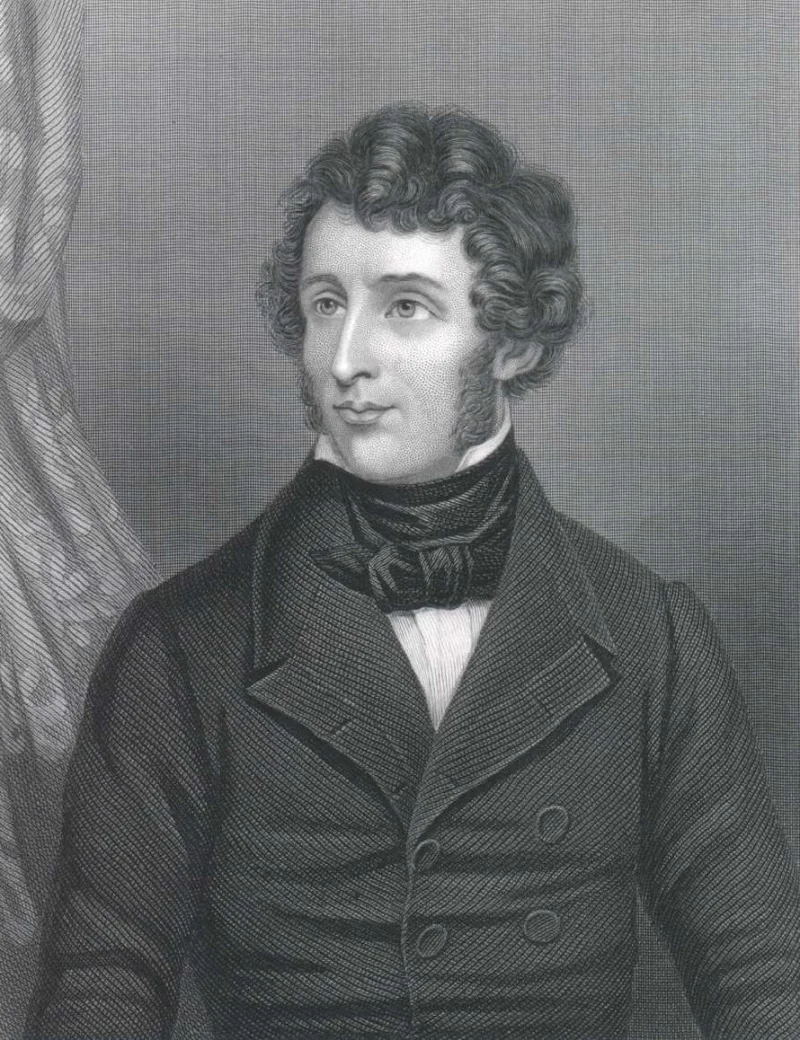Short Summary
Friedrich Wöhler was a renowned German chemist born in 1800 and is best known for synthesizing urea in 1828. This groundbreaking achievement marked a pivotal moment in chemistry, as it was the first time an organic compound was artificially synthesized from inorganic materials. Wöhler's work laid the foundation for the field of organic chemistry and challenged the prevailing belief in vitalism. His contributions significantly advanced scientific understanding and opened new avenues for research in chemistry.
Early Life & Education
Friedrich Wöhler was born on July 31, 1800, in Eschersheim, a suburb of Frankfurt am Main. He grew up in a family that valued education and encouraged his interest in science. Wöhler attended secondary school in Frankfurt, where he developed a passion for chemistry. He went on to study medicine at the University of Marburg, later transferring to the University of Heidelberg, where he studied under the guidance of the prominent chemist Leopold Gmelin. Wöhler's early exposure to chemistry and the mentorship he received during his education played a crucial role in shaping his scientific career.
Career Highlights
Wöhler's career was marked by significant contributions to the field of chemistry. In 1828, while working at the Polytechnic School in Berlin, he synthesized urea from ammonium cyanate, a discovery that demonstrated the possibility of creating organic compounds from inorganic materials. He later became a professor at the University of Göttingen, where he conducted extensive research on a variety of chemical compounds. Wöhler collaborated with other prominent scientists, including Justus von Liebig, on studies of organic chemistry and the properties of aluminum and silicon. His work established him as a leading figure in the scientific community.
Major Achievements
- Synthesis of Urea: Demonstrated the artificial synthesis of an organic compound from inorganic materials.
- Research on Aluminum: Contributed to the isolation of aluminum and its properties.
- Studies with Liebig: Collaborated on foundational research in organic chemistry.
- Silicon Research: Conducted studies on the properties and reactions of silicon compounds.
Famous Quotes
- "Organic chemistry has the power to create new compounds that have never existed before."
Interesting Facts
- Wöhler was initially trained as a physician before turning to chemistry.
- His synthesis of urea challenged the concept of vitalism, which held that organic compounds could only be derived from living organisms.
- He corresponded with many prominent scientists of his time, including Berzelius and Faraday.
Legacy / Influence
Friedrich Wöhler's legacy in the field of chemistry is profound, as his pioneering work in synthesizing organic compounds laid the groundwork for modern organic chemistry. His discoveries challenged traditional beliefs and spurred further research, leading to significant advancements in both theoretical and practical chemistry. Wöhler is remembered for his role in transforming the scientific understanding of chemical processes and inspiring future generations of chemists.
FAQ
Q: Why is Friedrich Wöhler famous?
A: He is famous for synthesizing urea, marking a significant breakthrough in organic chemistry.
Q: What did Wöhler's synthesis of urea prove?
A: It proved that organic compounds could be synthesized from inorganic substances, challenging vitalism.
Q: Where did Friedrich Wöhler conduct his most notable work?
A: He conducted his most notable work at the Polytechnic School in Berlin and the University of Göttingen.










